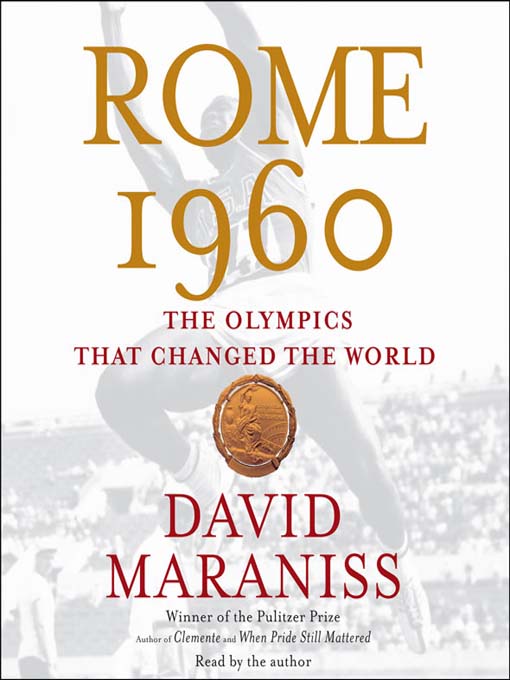- Just Added Adult Fiction eBooks
- Just Added Adult Nonfiction eBooks
- Spanish Language Titles (Just Added)
- Read the Movie
- Hallmark After Dark
- YA Titles That Adults Will Love, Too
- Reimagined Classics
- Saw it on Netflix (or Prime or Hulu or HBO), now read the book
- Oh My Gods & Goddesses
- Nonfiction That Reads like Fiction
- I Should Probably Read This Sometime...
- Reese's Book Club
- New GNs & Manga for Adults
- See all ebooks collections
- New audiobook additions
- Spanish Language Titles (Just Added)
- New Adult Fiction Audiobooks
- New Adult Nonfiction Audiobooks
- Laugh Out Loud Listening
- Romance for Listeners
- YA Titles That Adults Will Love, Too
- Reimagined Classics
- Best Audiobooks for Your Commute
- Reese's Book Club
- Available now
- New kids additions
- New teen additions
- See all audiobooks collections


